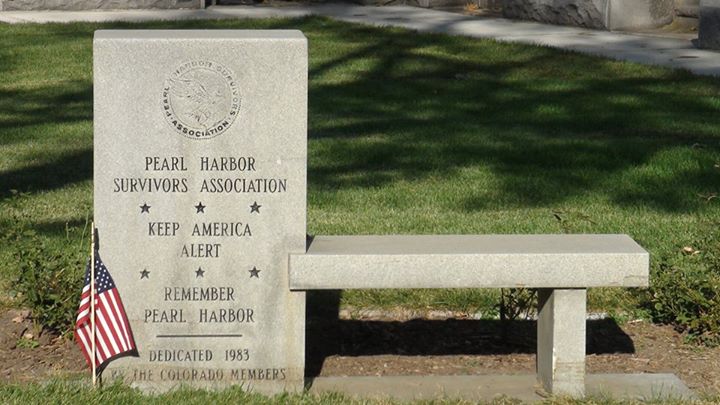
Tuesday, 12 November 2013
“…he who exhorts, in exhortation; he who gives, with liberality; he who leads, with diligence; he who shows mercy, with cheerfulness.” Romans 12:8
Paul’s list of services is complete with verse 8. In this verse are four gifts which can be offered by those within the church. The first is “he who exhorts.” Exhortation is different than teaching. Teaching it tied to doctrine within the faith whereas exhortation is tied to the practical application of the faith. Teaching then leads to exhortation. One must be properly taught the faith in order to properly practice the faith – orthodoxy leads to orthopraxy. As this is considered by Paul as a separate function and gift, it implies that it is a different office.
Thus in a church there are counselors. Some churches have marriage counselors, financial counselors, etc. These are not really teachers in doctrine, but rather are those who teach in the related practice. They should be grounded in the doctrine and then they should be able to give instruction to others in how to apply the principles.
Often, these offices will overlap somewhat and a lead pastor should be able to combine them in ways which will make the most beneficial use of the imparting of the word of God, particularly in sermons. A sermon that doesn’t include an analysis of the Scripture isn’t really a sermon. However, there should also be encouragement within the sermon about the application of the analysis. Thus exhortation is a valuable asset, not only for specific circumstances in life, but in general applications of how to live life. Those who hold the gift of exhortation, let them exhort with zeal.
Next Paul speaks of “he who gives.” The term is metadidous and some feel this actually bears the notion of distributing the money possessed by the church. This is considered because the other gifts are more office-centered rather than individually expressed gifts. However, others disagree and state that it is speaking of the giving by individuals. The latter is more probable. Though the other gifts are offices within the body, they are possessed individually and expressed in the office. The same is true here.
Each person who gives is a part of the office of finances, but their giving is an individual expression. To support this, Paul says that those who give should do so “with liberality.” The term is haploteti and it denotes sincerity, simplicity, or purity. Giving is to be done with all of these thoughts in mind. We should be sincere in giving, not hoping for some type of return. We should also be simple in our giving; to give without complication. A good way to explain this is to give “without strings attached.”
Our gift is for the church and when the gift is given, it is no longer to be wielded by the giver. And it should be given with purity. Our hearts should be grateful for the opportunity to give and the gift should come without the giver having been pressured. For those who are able to, and who are blessed with the gift of giving, let them give with liberality.
The next gift concerns leading. And what a gift this is! Whether in the church or out of the church, true leaders are usually easily identifiable. There have been many presidents, but few were natural leaders. There are those who can discern the structure of human interaction and use it in marvelous ways to accomplish great feats.
Within the church, such people may work behind the scenes and yet make great advances for the furtherance of the church through their leadership abilities. This is the sort that leads with true humility and doesn’t lord his ability over others, but understands that he is a participant with a unique skill. There are lead pastors who are great leaders and there are lead pastors who understand the quality of great leaders, even if they don’t personally possess that quality. Either way, the effective use of leadership is a great asset and an immense blessing for a church.
The person who is so gifted is instructed to use his leadership abilities in a tireless, careful, and attentive way. When so handled, the aims and goals of the church will always be the prime target and the devoted focus of the leader. He who leads, let him lead with diligence.
Finally, Paul finishes the list with “he who shows mercy.” There are those who have physical ailments and who need care lavished upon them. There are those who are weak in the faith and need grace and building up rather than condemnation and accusation. There are those who have addictions and who need help with them, not scoffing because of them. They don’t need a demeaning attitude from others, but empathy and direction. A miserable drunk who comes to church has come because he is a miserable drunk. Without mercy, he will only stay a miserable drunk. With care, affection, mercy, and prayer, he can become a valuable asset in the church. Showing mercy requires tact and it also requires the ability to not be snookered. For the person who is able to show mercy, let him do so with cheerfulness.
Life application: No one person is fully proficient in all of the gifts mentioned by Paul, but each of us can strive to become more competent in every office. For those with a particular gift, it is only right that they step forward and exercise it, not for self-glory, but for the glory of the Lord.
Yes Lord God! Each day I find myself in a unique position to grow in You. Some days I find the opportunity to help others and on other days I find the opportunity to answer questions about Your word. Sometimes, I find that I’m not the right person for a need, but You have put that need in my path to direct it to the care of another while I get a chance to learn at the same time. It all fits so perfectly and I thank You for every such blessing! Amen.




